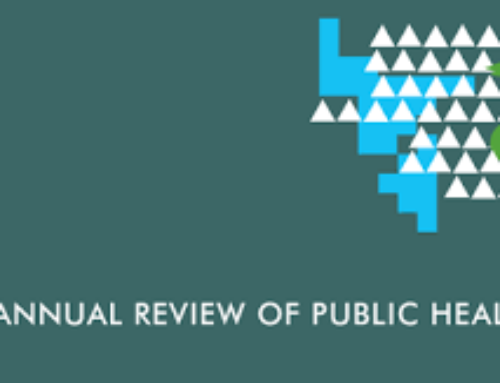Plastic has become ubiquitous in healthcare, with a dramatic shift towards single-use items in recent decades. Though essential for healthcare delivery in some cases, plastic can negatively affect both human health and the environment at each stage of its life cycle – resource extraction, manufacturing, use, and disposal. Over-reliance on disposable plastics not only has significant consequences for our planet, but threatens the resilience of our healthcare systems, as evidenced by shortages of medical protective clothing at the peak of the COVID-19 pandemic. Disposables also often represent higher operational costs. Reusable systems for isolation gowns, for example, have achieved in some cases a 30% reduction in costs when compared to disposable counterparts. . .
Click HERE for the full article.









